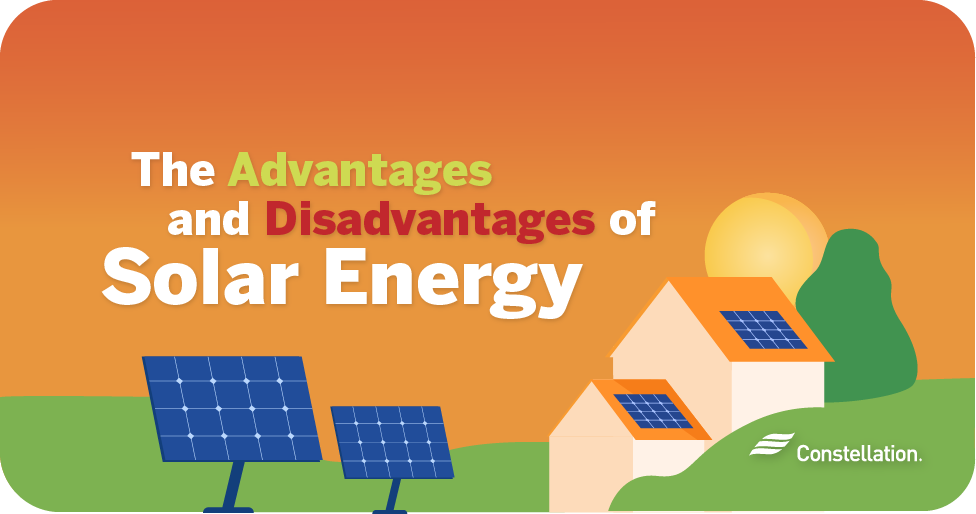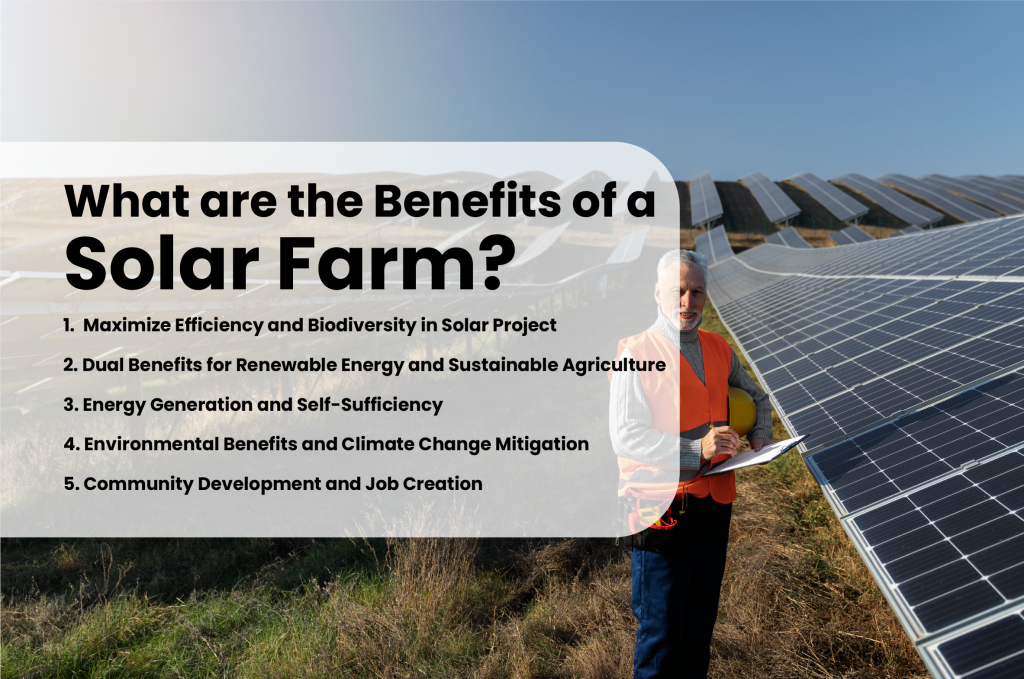Simply Solar Illinois: Your Source for Reliable Solar Energy
Simply Solar Illinois: Your Source for Reliable Solar Energy
Blog Article
Exactly How Solar Power Can Aid You Save Cash and Reduce Your Carbon Impact
The assimilation of solar power into your energy portfolio presents an engaging possibility for both economic savings and ecological stewardship. By utilizing the sun's power, property owners can substantially decrease their month-to-month energy expenses while also securing versus the unpredictability of future power prices. The shift to solar contributes to a significant decrease in carbon emissions, straightening personal money with wider eco-friendly objectives. As various government incentives come to be available, the inquiry arises: exactly how can one efficiently navigate the first financial investments and continuous advantages of solar innovation to optimize both financial and environmental gains?
Recognizing Solar Energy Cost Savings
While the transition to solar energy commonly includes a first financial investment, recognizing solar power financial savings is crucial for home owners and companies alike. Solar power systems can substantially lower power bills by utilizing the sun's energy, equating right into significant long-lasting monetary advantages.
Additionally, solar energy systems may get various monetary rewards, including tax obligation credit reports and refunds, additionally boosting their cost-effectiveness. The availability of web metering permits individuals to sell excess power back to the grid, creating an extra earnings stream. These aspects add to the total savings connected with solar power.

In addition to route monetary cost savings, solar power supplies the included benefit of enhancing residential property worth. Residences geared up with photovoltaic panels are frequently a lot more appealing to buyers, as they guarantee lower power expenses - Simply Solar Illinois. Recognizing these aspects is important for any person considering solar power, as it highlights not just the potential financial gains, however likewise the wider environmental and financial advantages of taking on renewable energy solutions
First Costs vs. Long-Term Conveniences
When evaluating solar energy, it is necessary to weigh the first expenses against the lasting advantages. The in advance financial investment for solar panels, installment, and associated tools can be substantial, often varying from $15,000 to $30,000, depending on the system size and home power requirements. This first expense might prevent some homeowners; nonetheless, it is important to take into consideration the possible cost savings over time.
Once set up, solar power systems can substantially lower and even remove monthly electrical power costs, leading to substantial long-lasting monetary advantages. Researches indicate that house owners can save anywhere from $10,000 to $30,000 over the life expectancy of their solar system, generally 25 years. Additionally, several states use motivations, tax obligation credits, and refunds that can counter first expenses, making solar extra obtainable.

Minimizing Your Carbon Footprint
Decreasing your carbon footprint is a critical consideration in today's ecologically mindful culture, and taking on solar energy is one of one of the most efficient strategies to achieve this goal. Solar power is a clean, renewable energy that considerably diminishes dependence on fossil gas, which are major factors to greenhouse gas emissions.

Moreover, the prevalent adoption of solar technology urges the advancement of eco-friendly jobs and sustains technologies in power storage and performance. The more people and organizations spend in solar energy, the greater the cumulative decrease in carbon emissions, cultivating a cleaner environment for future generations.
Federal Government Incentives and Rebates
Taking on solar energy not just profits the environment yet can additionally bring about considerable financial savings, especially with the schedule of federal government incentives and rebates. Different government, state, and local programs are created to urge homeowners and services to purchase solar power systems, making the change much more economical.
One of the most popular rewards is the Federal Investment Tax Debt (ITC), which permits planetary system proprietors to subtract official source a considerable portion of the setup costs from their federal tax obligations. This incentive has been essential in decreasing the in advance expenses associated with solar power systems. In addition, numerous states provide their very own tax obligation credit scores, gives, and discounts that can additionally boost financial savings.
In addition, some city governments give building tax obligation exceptions for solar installments, making sure that homeowners do not deal with enhanced building taxes as an outcome of their renewable resource investments. Utility business might additionally provide motivations, consisting of internet metering and feed-in tariffs, which allow solar power users to sell excess power back to the grid.
Choosing the Right Solar System
Picking the ideal solar system is critical for maximizing power efficiency and monetary benefits. The decision hinges on numerous variables, consisting of power demands, spending plan, and available room. Home owners should begin by assessing their electrical energy usage to identify the system dimension required for optimum performance.
Following, consider the different kinds of solar technologies readily available. Simply Solar Illinois. Solar (PV) panels are one of the most common, converting sunlight straight right into electricity, while solar thermal systems concentrate on home heating water. look here Each kind has unique advantages depending on individual demands
Spending plan considerations are likewise paramount. Initial installation prices can vary substantially, so it is essential to compare quotes from numerous service providers and check out financing options. Government rewards and discounts can even more minimize the economic burden, making solar systems extra easily accessible.
Verdict
In summary, solar power provides a sensible solution for achieving considerable expense financial savings while simultaneously reducing carbon discharges. The first financial investment, though substantial, yields significant long-lasting monetary advantages, with possible financial savings varying from $10,000 to $30,000 over 25 years. The ecological benefits of solar power add to sustainable practices important for combating environment modification. Federal government incentives improve the expediency of solar modern technology fostering, encouraging a transition towards a cleaner, much more economically effective power resource.
Report this page